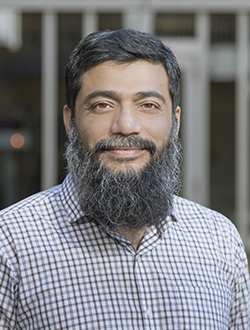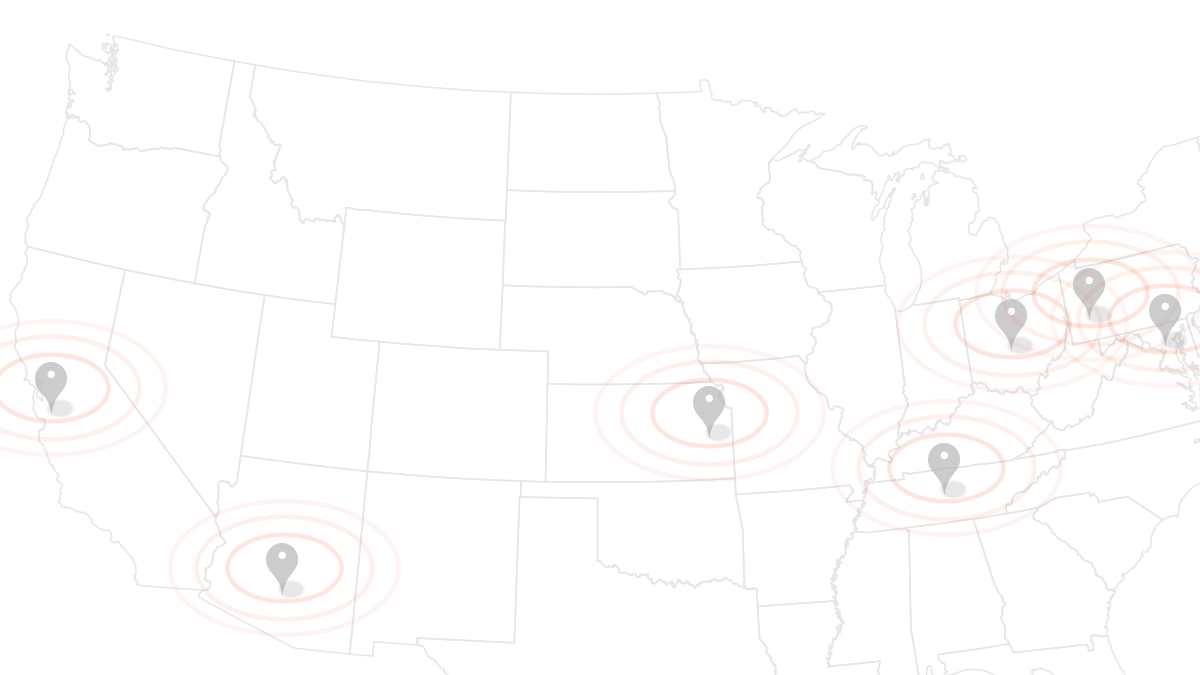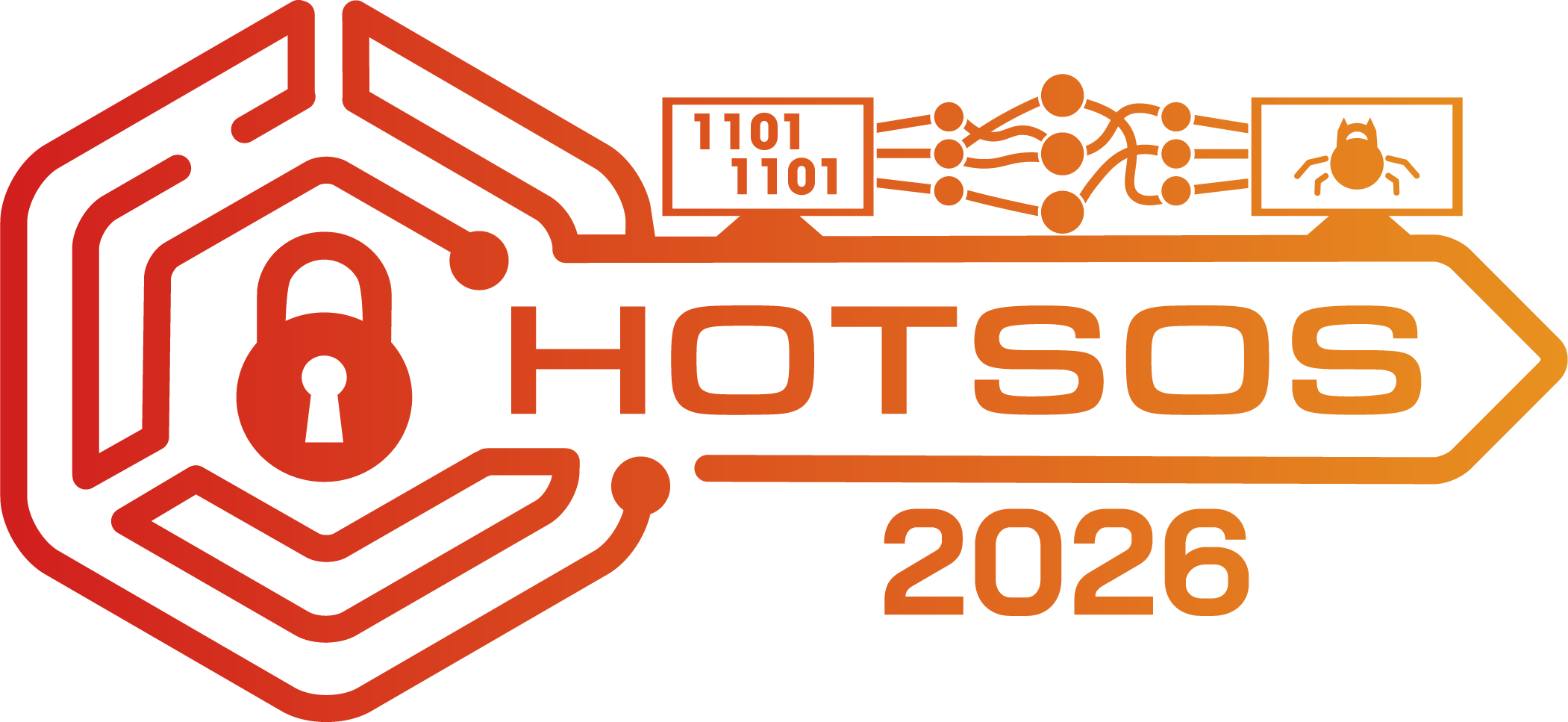Spatiotemporal G-code modeling for secure FDM-based 3D printing
|
ABSTRACT 3D printing constructs physical objects by building and stacking layers according to the CAD (Computer-aided Design) information. Attackers target a printing object by manipulating the printing parameters such as nozzle movement and temperature. The existing research on secure 3D printing mostly focuses on nozzle-kinetics, while attacks on filament-kinetics and thermodynamics can also damage the printed object. The detection of these attacks mainly relies on creating master-profile and machine learning by printing every unique object in a protected environment. In the fourth industrial revolution, such an approach is not suitable due to mass-customization rather than bulk production. This paper |
presents Sophos, a framework to detect nozzle-kinetic, filament-kinetic and thermodynamic attacks on the fused deposition modeling (FDM)-based 3D printing process. Sophos design does not require any prior learning for every unique object. It can detect the attacks on the first print using spatiotemporal G-code modeling, aligning it with the Industry 4.0 vision. Sophos is scalable and supports modular upgrades to suit different printing requirements. Its design allows the detection threshold to be reduced conveniently to as low as the 3D printer's resolution, shifting the game to a more interesting study of attack patterns than attack magnitudes.

BIOS
 Muhammad Haris Rais is a Ph.D. candidate in Computer Science at Virginia Commonwealth University. His research focuses on the cybersecurity of cyber-physical systems, specifically, additive manufacturing processes and industrial control systems. He can be contacted at raismh@vcu.edu
Muhammad Haris Rais is a Ph.D. candidate in Computer Science at Virginia Commonwealth University. His research focuses on the cybersecurity of cyber-physical systems, specifically, additive manufacturing processes and industrial control systems. He can be contacted at raismh@vcu.edu

 Ye Li, Ph.D. is a professor of Industrial & Manufacturing Engineering & Technology at Bradley University, located in Peoria, IL. Dr. Li's research interests lie in Additive Manufacturing, Hybrid Manufacturing, Computer-aided Design and Manufacturing, and Manufacturing Process Simulation and Optimization.For further information, please contact him at yli@bradley.edu
Ye Li, Ph.D. is a professor of Industrial & Manufacturing Engineering & Technology at Bradley University, located in Peoria, IL. Dr. Li's research interests lie in Additive Manufacturing, Hybrid Manufacturing, Computer-aided Design and Manufacturing, and Manufacturing Process Simulation and Optimization.For further information, please contact him at yli@bradley.edu

 Irfan Ahmed is an Associate Professor of Computer Science at Virginia Commonwealth University (VCU). His research interests are broadly in the area of cybersecurity, currently focusing on digital forensics, malware, industrial control systems, and additive manufacturing.
Irfan Ahmed is an Associate Professor of Computer Science at Virginia Commonwealth University (VCU). His research interests are broadly in the area of cybersecurity, currently focusing on digital forensics, malware, industrial control systems, and additive manufacturing.
More details about his research work are available on his webpage at http://www.people.vcu.edu/~iahmed3


